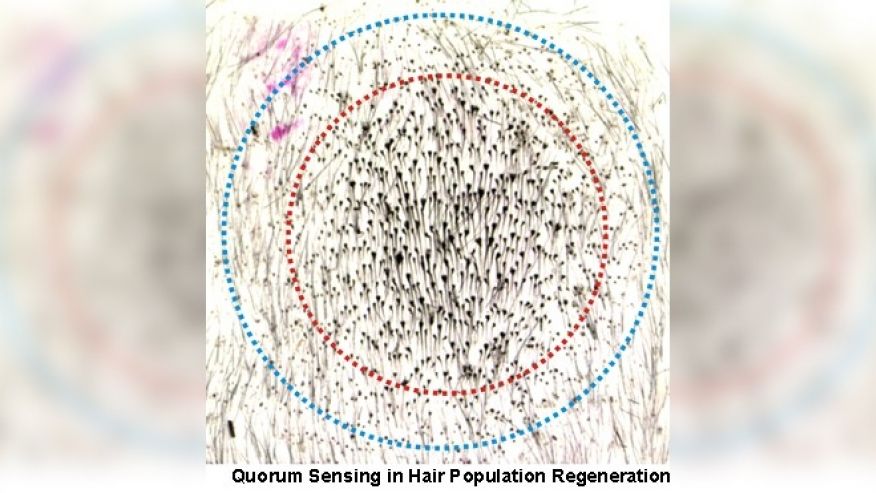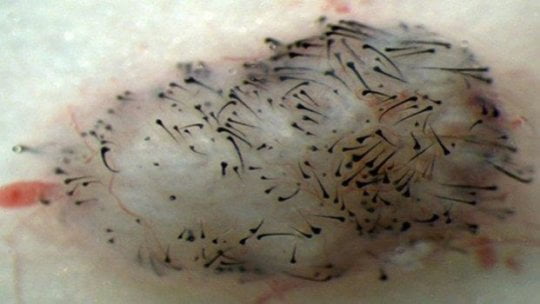
Two examples of elimination diets said to be effective ways to lose weight are Paleo and Vegan. Both diets demand you give up certain foods and food groups altogether. Please don’t get excited and say “Vegan isn’t a diet; it’s a lifestyle.” There are people who do not embrace the vegan lifestyle; they cut out animal sources of food for no other reason than to get thin. They wear silk, wool and leather and eat honey. Some even have cheat days and eat meat.
Elimination diets are popular. The rationale for following a diet with a list of forbidden foods usually includes health benefits and faster weight loss progress. Those could be two sound reasons for choosing an elimination diet, but what are the drawbacks?The drawbacks are many.
- Eliminating foods or food groups can compromise health. Nutritional imbalances are common. Key nutrients may be reduced or eliminated altogether.
- Eliminating macronutrients such as carbs or fat can cause serious health issues. Carbs are your bodies favorite form of energy. If you cut carbs, your body can convert protein into energy. Protein’s primary function in your diet is to repair and build tissue.
- As a fully grown adult your protein needs have declined so excess protein is converted to energy but it’s not an efficient process. It can leave you feeling weak, dizzy, nauseated, and with a wicked headache. All of those things are uncomfortable, but the health risks are more serious than simply uncomfortable.
- The amino acids from protein are transferred into the bloodstream to be transported to the liver and cells throughout the body for protein synthesis. If there is an excess of amino acids the body is unable to store them.
- They are converted into glucose (energy) or ketones, or they are decomposed. When amino acid decompose it results in hydrocarbons and nitrogenous waste and that’s not good. High concentrations of nitrogen are toxic. The urea cycle processes nitrogen and facilitates its excretion from the body and that is a lot of wear and tear on the kidneys. It can cause kidney or renal failure.

- There are negative psychological effects as well as physical risks.Eating is a pleasure. Eliminating foods can take pleasure out of meals and snacks. For a while, the pleasure of the lower numbers on the scales and feeling thinner mask any feeling of deprivation one may have from avoiding certain foods.
- Weight loss progress usually slows down after several weeks. That’s mainly because the water weight brings big losses when stored glycogen is burned for energy. Once the stores of glycogen are depleted the body starts to burn stored fat and the water weight loss that was so gratifying has ended. Losing pounds of fat is much slower than shedding water weight.
- The combination of slower progress and deprivation coming from avoiding certain foods or food groups makes it hard to adhere to the elimination diet. It’s made worse when the dieter is experiencing low energy levels, nausea and headaches. It’s not surprising that elimination diets are not sustainable for many people.
- Failing to stick to a restrictive diet isn’t a weakness or proof of food addiction. It is the healthy reaction to depriving oneself of balanced nutrition and the pleasure of eating what tastes good. Too many people, however, recognize their quitting their elimination diet as a healthy reaction. They beat themselves up for a natural human response to something painful that gets in the way of pleasure.
- There is nothing wrong or weak with anybody who can’t sustain adherence to an elimination diet. Everything that is wrong is with the elimination diet.

“It’s not going to help you lose weight,” says Amy Rothberg, M.D., DABOM, an associate professor of medicine and nutritional sciences at the University of Michigan. “Adherence to calorie restriction is particularly hard when the diet is so restrictive in certain macronutrients.”
Dr. Rothberg reiterates the necessity of cutting calories to lose weight.Despite all the attempts to disprove this basic scientific weight loss principle, it continues to prevail. Elimination diets essentially are another way to restrict calories. It’s believed to be an easy way, but as Dr. Rothberg notes, it’s particularly hard.
A healthier, easier, far more satisfying way to restrict calories is to reduce portions of most foods, eat more naturally lower in calories foods such as fruit and vegetables, and eat foods processed with added salt, sugar, and fat sparingly.
[“source=soonerorlighter.bangordailynews”]




















